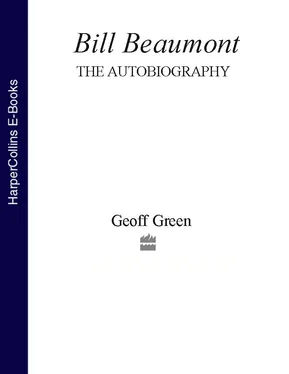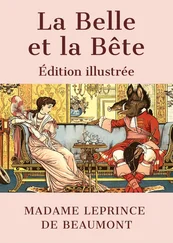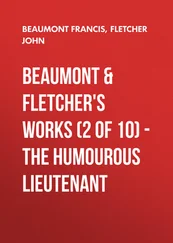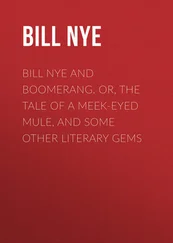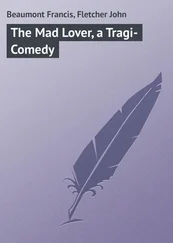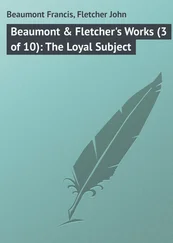Five A slam at last
Six Leader of the pride
Seven A brain discovered … and damaged!
Eight Banished
Nine Battle stations
Ten A Question of Sport
Eleven The World Cup
Twelve The future
Thirteen Nothing but the best
Fourteen On top of the World
Career Record
Acknowledgements
About the Publisher
FOREWORD
Clive Woodward
I was delighted to accept Bill’s invitation to write the foreword for his autobiography.
Bill had a huge influence on my international career. He was captain when I made my debut for England against Ireland in January 1980, the same year he led England so brilliantly to the Grand Slam, England’s first for 23 years.
On the day I replaced Tony Bond, who was very unfortunate to break his leg on what was an otherwise enjoyable afternoon. To win your first cap, as Tony and Bill would testify, is a great feeling and one of Bill’s strengths as captain was to make the new caps feel welcome. I was fortunate to play in the remaining three games of the 1980 Grand Slam and they are memories that will always stay with me.
Bill captained England a further 11 times with me in the side and his influence on the team was huge. He was inspirational and a very good leader. To survive the slaughtering he received from his team-mates, including me, when he was ignored during his half-time team talk against Australia, while we were all distracted by a young lady called Erica Roe running across the sacred turf of Twickenham, showed his true mettle!
In total Bill played 34 times for England, 33 of them consecutively and on seven occasions for the British Lions on two tours to New Zealand and South Africa, the latter as captain. He stayed loyal to his club Fylde and retired prematurely at the age of 29 when surely further honours would have followed.
Once a player retires, it’s often difficult to make the move from sport to business but Bill has made the transition effortlessly.
Bill’s achievements on the field of play have been matched off it. An OBE in 1982, a successful career in broadcasting, notably A Question of Sport , and running a profitable textiles business, endorse his versatility and commerce skills. Bill has also remained dedicated to rugby. He is one of two RFU representatives on the International Rugby Board and earlier this year he was made Chairman of the British and Irish Lions Committee, underlining the worldwide respect for a man who has given so much to the game.
Enjoy the book, it contains the life of an extraordinary man and one whom I’m proud to call a friend.
Clive WoodwardEngland May 2003
PROLOGUE
A Glasgow pub may seem an unlikely setting for a defining moment in English rugby history but The Drum and Monkey, in the city centre, will always be associated with England negotiating our way back into the Six Nations Championship after being unceremoniously kicked out of the competition four years ago in a dispute that was as stupid as it was damaging. It was a major bust-up over money – television money in this case – that reflected badly on everyone concerned and went a long way towards destroying trust between England and our immediate rugby neighbours.
Over the years I fought many battles in England’s cause, having the scars to prove it, so I wasn’t prepared to stand by and watch us turfed out of a marvellously compelling tournament, even though there were some at Twickenham who had been doing their best to extricate England from the Six Nations in a deluded belief that our interests would be better served by aligning ourselves with the big three from the southern hemisphere: Australia, New Zealand and South Africa. Which is why I took the bull by the horns, jumped into my car and drove north to thrash out a compromise deal over what the media, in their colourful way, called ‘a pie and a pint’.
That last bit wasn’t entirely true but I see no reason to spoil a good story and the media made the most of the combatants sealing a new accord over refreshments in The Drum and Monkey. The hard negotiating had actually been concluded in the Glasgow office of Allan Hosie who, as chairman of the Five Nations Committee, had announced our banishment to a startled rugby world 24 hours earlier. With the media pack in attendance, we simply retired to the pub – I was driving so had to settle for shandy – to wind down, the ‘early doors’ trade considerably boosted by our entourage!
Being banned from the championship wasn’t exactly a new experience. It had happened three years earlier after England had broken with the tradition of collective bargaining and negotiated its own television deal with BSkyB without involving Scotland, Ireland and Wales. The difference then was that the ban had taken effect in the summer, leaving plenty of time for common sense to prevail before the competition could have been affected. In 1999 we were on a very different timescale as our banishment came as Clive Woodward was preparing his England side to face Scotland in the Five Nations Championship.
The fixture was scheduled to take place less than three weeks later. England had sold all their tickets for the game. Lucrative hospitality and sponsorship deals with the business world were in place and thousands of ordinary fans had bought tickets for the game. Yet, when the Rugby Football Union Council held an emergency meeting to discuss the possibility of a ban, days before Allan Hosie’s public pronouncement, members were talking about challenging the move in the courts. We were given legal advice that England would be able to resist a ban and the mood seemed to be that it wouldn’t happen anyway, that the other nations were bluffing, and that we should leave it to the lawyers to sort out.
I stood up at the meeting to urge my colleagues to forget the legal route and use dialogue to extricate ourselves from a ban that would have had serious financial implications, not just for England but also for the other leading European nations because revenue from international matches is essential for the health of the game at large. I’m not suggesting that England shouldn’t have been seeking a bigger slice of the financial cake from any television deal for coverage of international matches and I still argue our case on this issue on the Six Nations Committee, but we had gone about things in the wrong way. We are often, wrongly I believe, accused of arrogance but in this case I suspect there were those in the England camp who felt that we were bigger and better than the other home countries and therefore entitled to take advantage of the financial rewards on offer.
Some might suggest that doing the Drum and Monkey deal, instead of taking the other countries to court, cost England millions of pounds in television revenue. We will never know but I have always taken the view that problems can best be solved if people are prepared to sit down together and debate contentious issues sensibly. I told the Council that we owed more to the game than simply winning a legal argument – assuming we would have won – especially as bad feeling would have increased rather than diminished. We had to think about all those people, predominantly members of rugby clubs throughout the country, who had been going to Twickenham for the last 20 years or so to support the national team and who would have been perfectly justified in kicking us all out for the mess we had created.
My message to the other countries was not to give up on us. There were some at HQ, in particular personalities like Graeme Cattermole, RFU Chairman Brian Baister and Fran Cotton, who were doing their best to sort out the whole, sorry mess. Even so, it came as a shock when, a few days later, Allan Hosie told the world that England had been kicked out of the championship. I heard the news as I was driving home from work and decided to act very much on my own initiative, especially after Allan had been quoted as saying he thought he could still avoid disruption by sitting down with someone like myself and going over the various contentious issues. I rang Brian Baister and told him, ‘I’m going to Glasgow tomorrow so get yourself up there and we’ll sort it out together.’
Читать дальше
